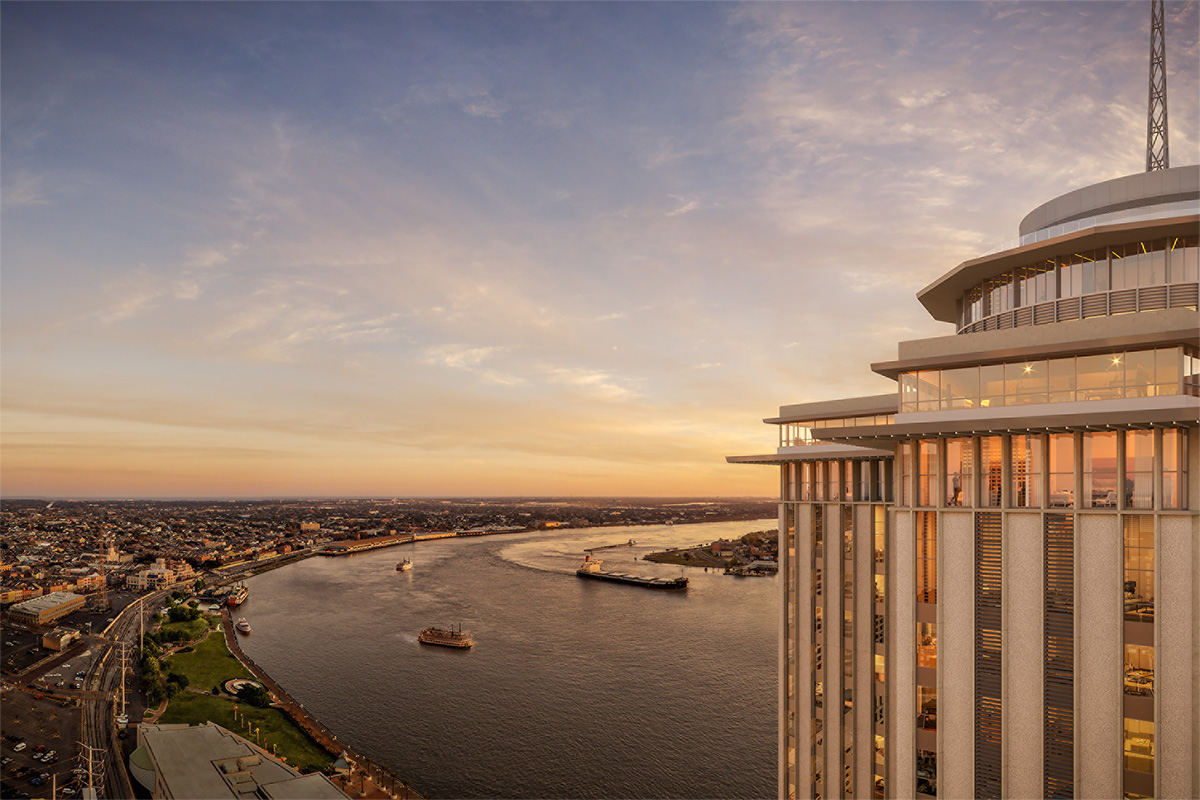
Four Seasons Private Residences New Orleans
Four Seasons is not only world renowned for its luxurious hotels but also its private residences. Here, LUX speaks to Paul White, President of Four Seasons Private Residences about the success and growth of the brand

Paul White, President Four Seasons Private Residences
1. For the high net worth individual, what makes a Four Seasons Private Residence singularly attractive over a standalone home?
The goal of our residential strategy is to extend the Four Seasons lifestyle experience, creating the very best homes in the world – in the best locations, of the highest quality, and accompanied by Four Seasons legendary service. We are a “people powered brand” so this service is a fundamental part of our residential offering.
Alongside our renowned service offering, residents can enjoy the best of both worlds with exclusive and private homes that provide hotel-inspired amenities that they have come to love when staying with Four Seasons around the world. These amenities include incredible communal areas, private amenities and spacious lobbies and social areas.
Follow LUX on Instagram: luxthemagazine
A major benefit to homeowners is that Four Seasons acts as the property managers of every residential property in our portfolio – we do not outsource to third parties like some other brands. If owners are only spending a portion of their time in-residence, they can trust that Four Seasons is on the ground and will care for and maintain their asset while they are away. This also safeguards their investment for the future.
2. Unlike unbranded residences, Four Seasons have a premium on trust and credibility in the luxury real estate sector. How has this buttressed the growing consumer desire for security and peace of mind amid the instability of the past year?
During the pandemic and as our industry looks forward to recovery, the trust and confidence in the Four Seasons brand, paired with our legendary service, is what residents are looking for and what is most appealing to prospective buyers. Especially in a lockdown scenario, they have all they need within the Four Seasons experience they know and trust.
During the height of the pandemic, more and more of our residents stayed in place in their Four Seasons home, a testament to the comfort, confidence and peace of mind they feel in the asset and in our service. Additionally, with guidance from internationally recognized experts, Four Seasons also developed Lead With Care, our enhanced global health and safety program focused on providing care, confidence and comfort to all guests, employees and residents within the new COVID-19 environment.
The use of technology to offer contactless service has become even more important in light of COVID-19, which is why we extended the award-winning Four Seasons App and Chat platforms to create a digital experience for our residents, accessible through their phones, tablets, or computers. The residential digital experience allows residents to further customise their residential lifestyle experience, including securely managing and maintaining their home, connecting with their designated Four Seasons team members, and requesting services with ease and convenience.
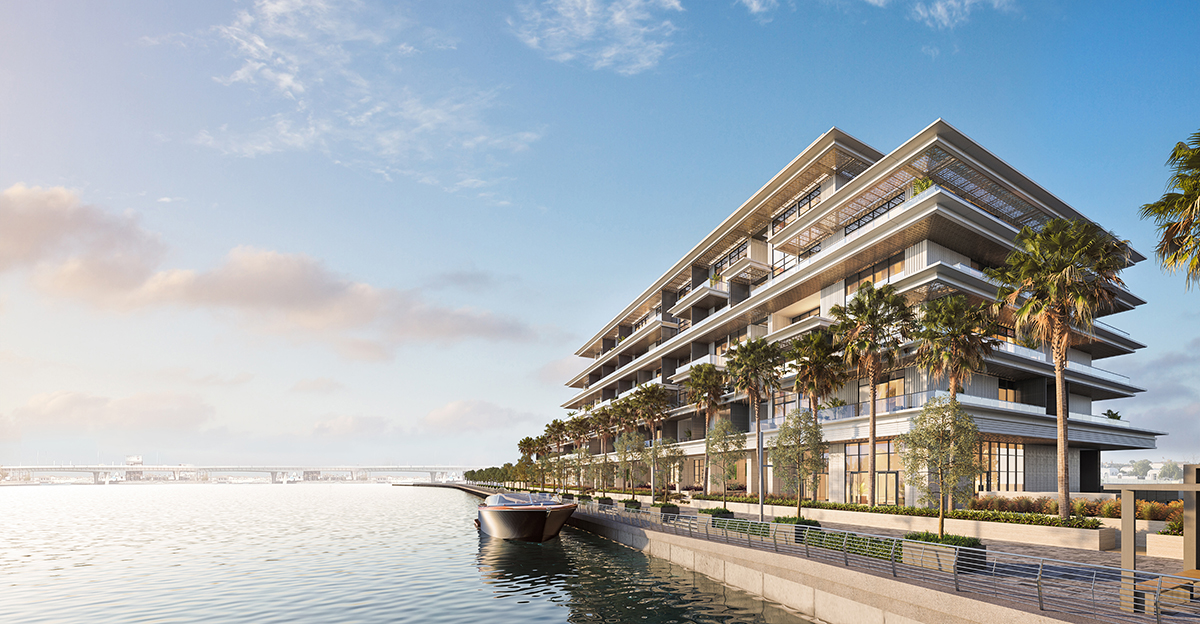
Four Seasons Private Residences Dubai
3. Owing to the phenomenal success of Four Seasons Private Residences, the brand is expecting to double its portfolio. How do you sustain its reputation for uniqueness and curation while pursuing growth on a global scale?
Our formula is to blend high profile real estate with the concept of lifestyle, to create the ultimate in luxury living for discerning homeowners who are in the market to purchase an amenity-rich and serviced residence or vacation home. Whether you live with us or vacation with us, a Four Seasons residential experience marries the world’s finest real estate and personalised, integrated service.
Our focus with both hotels and residences has always been to offer a world-class product in the best locations. We seek developers who can help us achieve this, and whose goals for offering the highest quality of location, architectural stature, interior design and amenities are aligned with ours. Our partners are equally as committed to excellence, and choose Four Seasons to deliver exceptional personalised service to residence owners.
As a brand, our residential offering is not new, but an important and growing part of our business. We have been a leader in branded residential since 1985, when the company opened its first private residences in Boston. Today, we operate 46 Private Residences globally, designed and built to Four Seasons standards in both global urban centers and gateway cities, as well as resort destinations.
4. Four Seasons branded residences have been around since 1985. Has there been a shift in the type of clientele since then?
Branded residential offerings are well suited to meet the changing needs of today’s buyer, not only by offering spacious, beautifully designed homes, but through the trust and strength of the brand and knowing that you and your home will be cared for.
Four Seasons buyers are not only looking for luxury and prestige – but also security, peace of mind and privacy – and are prepared to pay premium prices for a brand that goes above and beyond to deliver in these areas. A Four Seasons Private Residence make the perfect investment choice for both local and internationally mobile buyers, giving clients the opportunity to buy into a home with a globally recognised, reputable brand with both cache and credibility. As a result of the pandemic, we have also seen the lines blur around first, second, third homes. With the ability to work from anywhere, residents are using their homes differently than they have before.
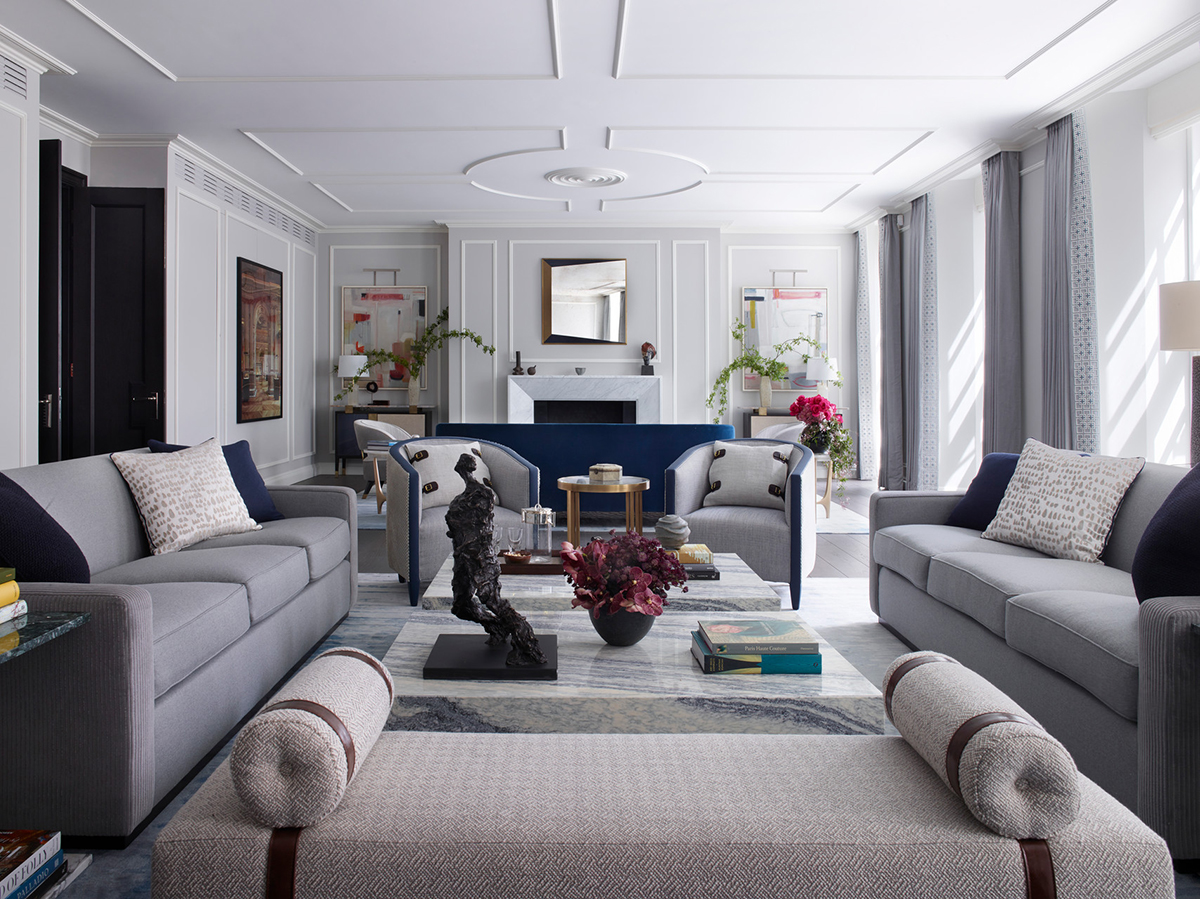
Four Seasons Private Residences. 20 Grosvenor Square
5. The private residences’ clientele ranges from full- and part-time occupants to those looking solely for an investment property. How do you cater to these various needs while maintaining an overall sense of cohesion and community?
The Four Seasons buyer profile varies from market to market – Four Seasons trends indicate that buyers are local who know the market and brand. There are also many UHNW buyers with an affinity to the Four Seasons, an affinity for a given location, and who are pre-disposed to buying real estate for personal use and enjoyment and/or as an investment.
While we are dedicated to upholding our brand standards, we recognise that the best real estate in the world is a genuine reflection of its locale. Each Four Seasons property is reflective of the unique culture, history and aesthetic of the destination in which it sits. We work closely with our designers and developers to understand the buyer profile in each location and optimise the design and amenities accordingly to meet the unique needs of the luxury consumer in that market and connect them more deeply with the local environment.
Read more: Luxury Travel Views: Four Seasons Grand-Hôtel du Cap-Ferrat, Côte d’Azur
6. You are in the midst of growing your portfolio of standalone residences, with projects in London, Los Angeles, Marrakech and San Francisco. Tell us more about the process involved in these projects, and what differentiates them from other residences in the brand’s portfolio.
As a brand, Four Seasons is strategic and deliberate with the markets we choose to operate in. These standalone residential projects are unique in that they exist separately from hotels and resorts. They are a distinct yet complementary Four Seasons living experience, and in many global gateway markets we offer both standalone residential projects as well as residences that are connected to a hotel.
As we continue our robust residential expansion, our focus is on offering Four Seasons Private Residences in key destinations where our residents want to live, looking at the latest buying trends and understanding their residents and their needs. Our biggest differentiator is our service and this has always been driven by our people. It is our teams on the ground, led by a dedicated Director of Residences, who bring the Four Seasons experience to life, delivering the genuine, personalised service that defines our brand the world over.
Find out more: fourseasons.com

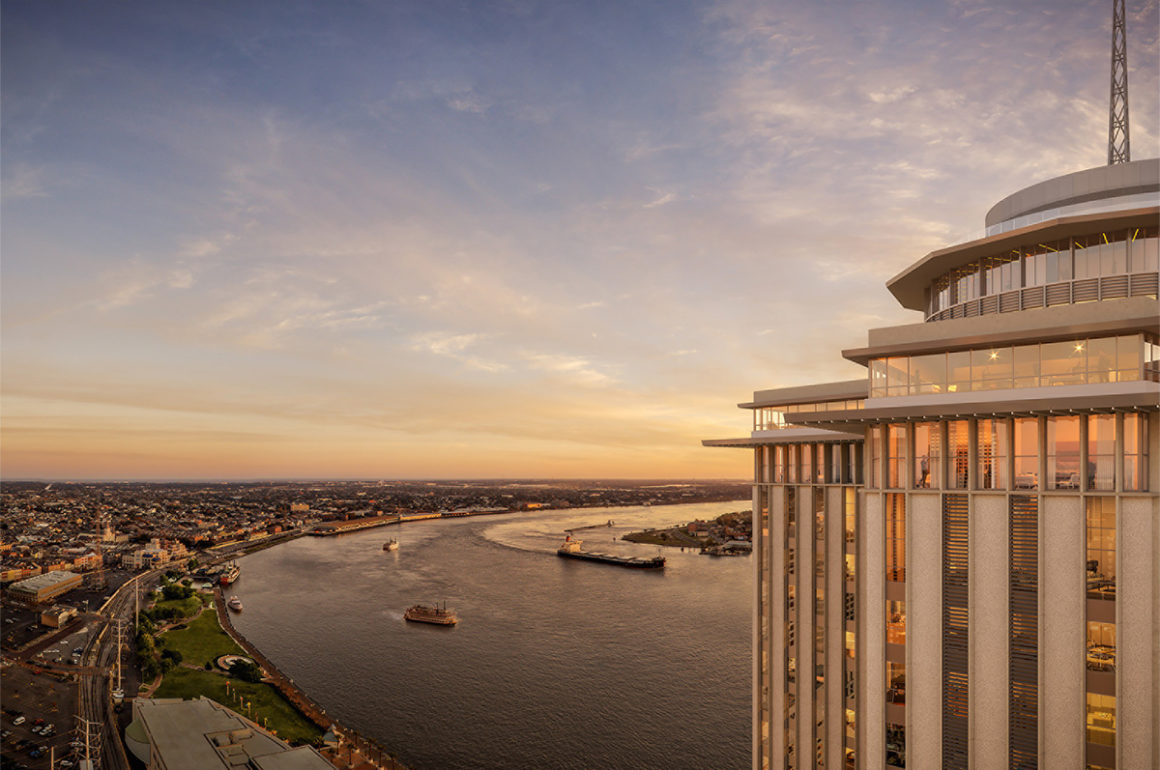
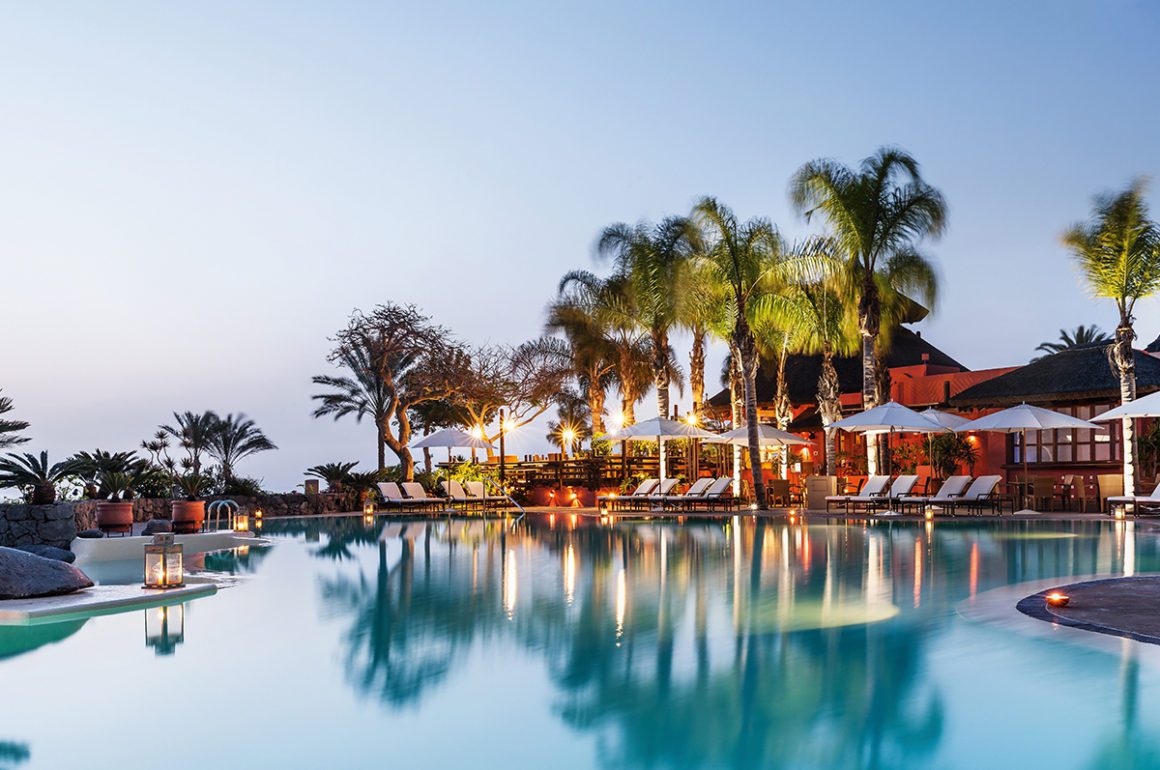

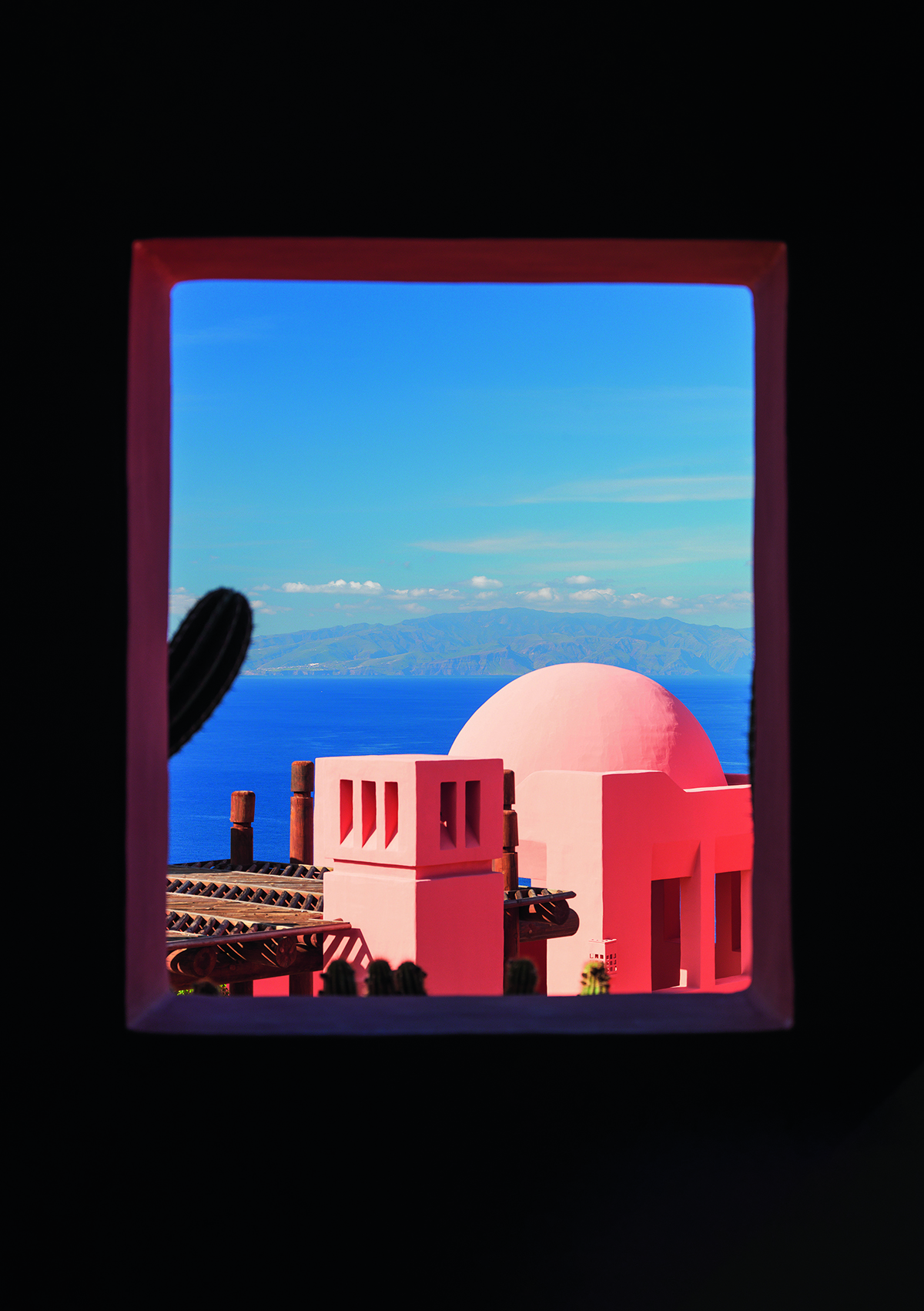
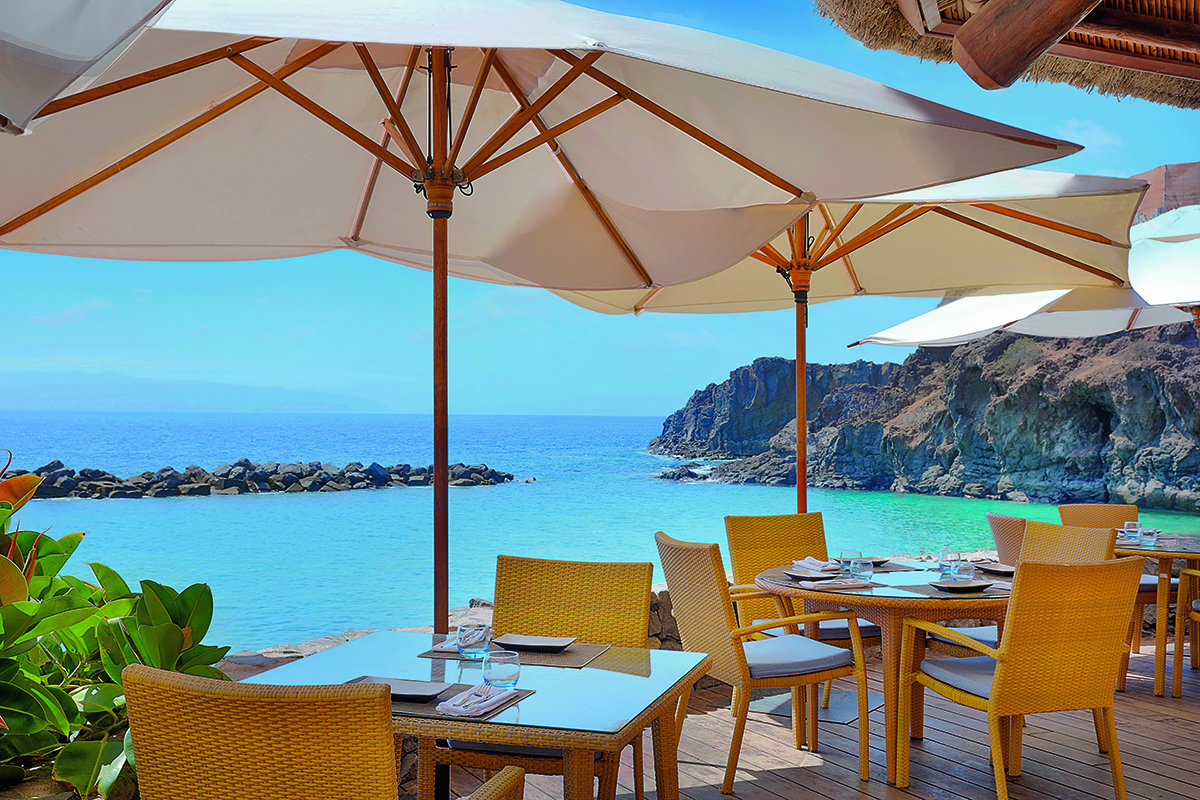
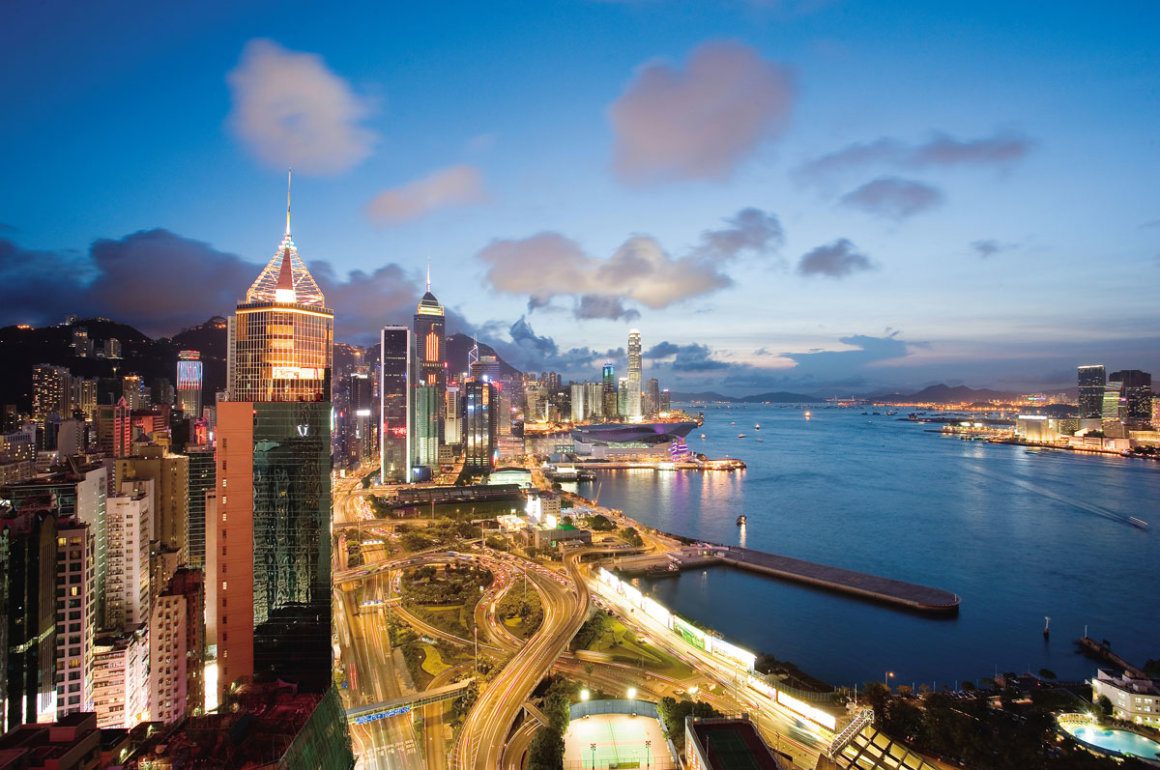

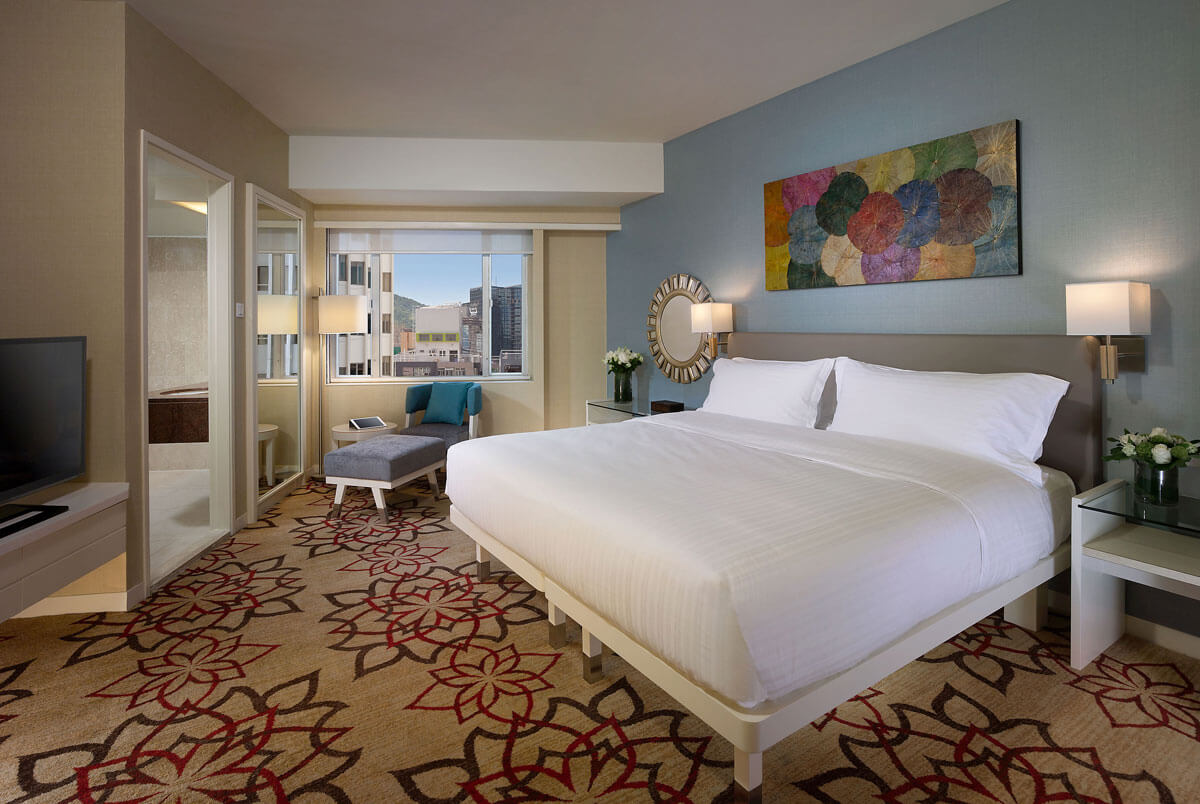
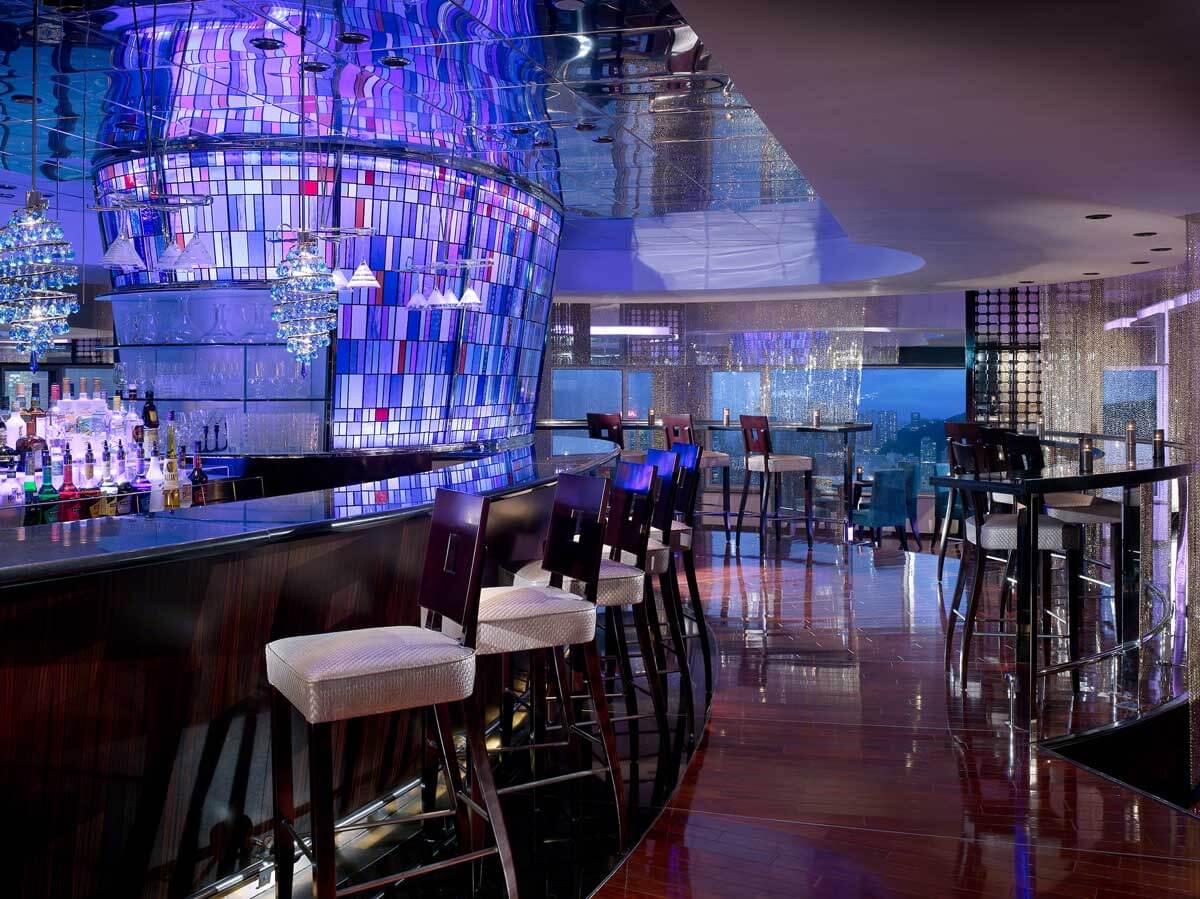





Recent Comments